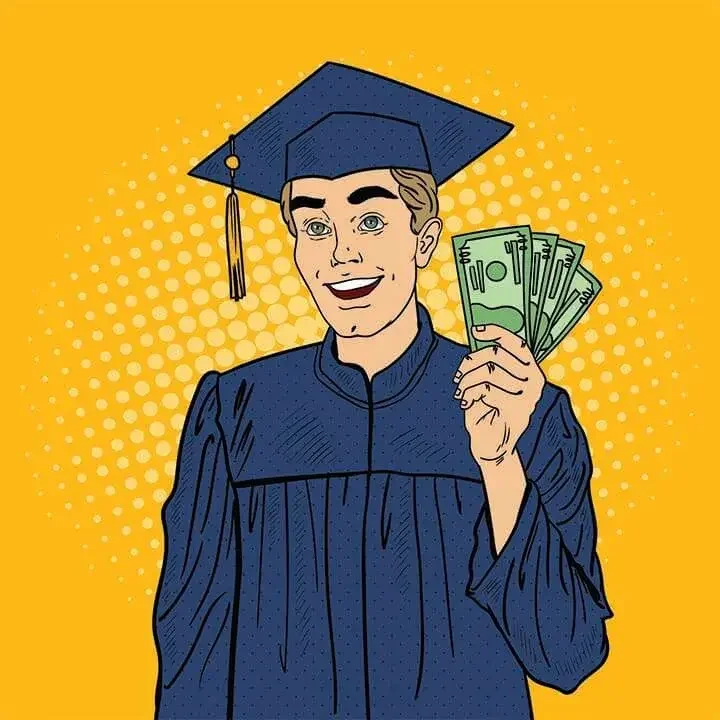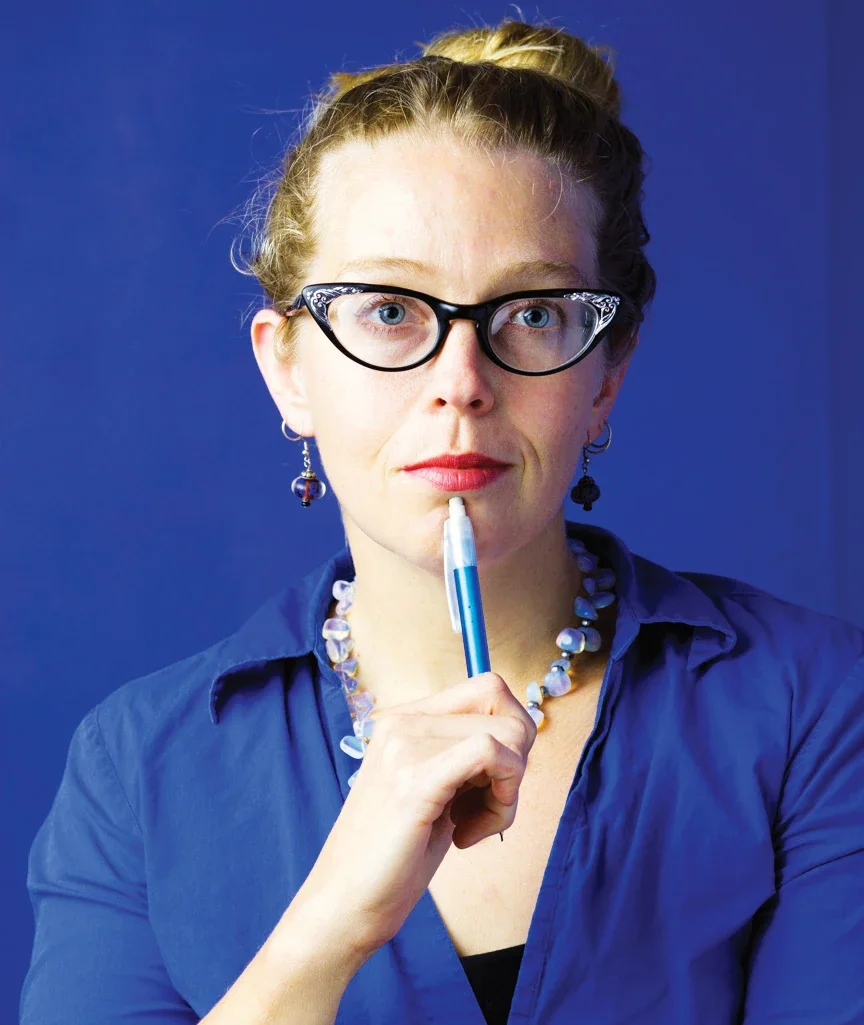Student loan debt is a widespread problem among young adults, and it has real effects on their futures.

A 2019 paper from the Federal Reserve concluded that increased student debt has contributed to drops in homeownership and credit scores among younger Americans. But there's a way out for some graduates: student loan forgiveness.
Find out what you need to do to have your loans forgiven.
Wha is student loan forrgiveness?
Federal student loan forgiveness programs erase some or all of graduates' student loan debt. They're intended to make college more affordable for people working in jobs that are important to society but don't always pay well, such as teachers, military service members, and rural health care professionals.
The federal loan forgiveness programs may require graduates to meet financial qualifications and make years of repayments. But at the end of that period, you can emerge debt-free.
Do I qualify for student loan forgiveness?
You're most likely to qualify if you have federal student loans, including consolidated loans. Private student loan forgiveness is available through states, employers, or professional associations, as U.S. News and World Report notes, but there are fewer people who qualify for student loan forgiveness this way.
Importantly, it's okay if you've missed some payments. According to the U.S. Department of Education, certain kinds of loan discharge can erase a record of default (three months or more without a payment). However, defaulted student loan forgiveness may still have bad effects on your credit score.
How does student loan forgiveness work?
The U.S. Department of Education offers three student loan forgiveness or cancellation programs as of early 2020.
Public Service Loan Forgiveness
To qualify for the Public Service Loan Forgiveness program, the government says you must have Direct loans, including loans consolidated into the Direct program. You must also work at least 30 hours a week for any level of government or certain nonprofits, which cannot include partisan political groups, labor unions, or for-profit organizations.
Once you're employed, you must make 120 on-time payments (10 years if paid consecutively) through a federal income-driven repayment plan, which sets your payment according to your income. (For more about income-driven repayment plans, see Student Loan Forgiveness: What You Should Know) After that, you must certify your employer as qualifying and submit your application.
Teacher loan forgiveness
The Teacher Loan Forgiveness program is for people who teach full-time for five or more consecutive years (after 1997-98) in a low-income school or educational services agency. Participants must have Direct or Federal Family Education loans.
At the end of those five years, people with certain credentials who teach math or science at the secondary level, and special education teachers at any level, can have up to $17,500 forgiven. Other qualifying teachers can have up to $5,000 forgiven. Either way, participants can also use the Public Service Loan Forgiveness program or Perkins Loan Cancellation if they qualify—which means teachers have a great deal of flexibility when seeking student loan forgiveness.
Perkins loan cancellation
You can apply to have Perkins loans canceled if you're a:
- Teacher serving low-income students
- Special education teacher
- Teacher of math, science, foreign languages, bilingual education, or any subject with a shortage of qualified teachers
- Faculty member at a tribal college or university
- Early childhood educator
- Child or family services agency employee
- Firefighter
- Law enforcement officer
- Librarian with master's degree at Title I school
- Speech pathologist with master's degree at Title I school
- Military service member
- Nurse or medical technician
- Public defender
- AmeriCorps VISTA or Peace Corps member
Most of these professions make you eligible to cancel up to 100 percent of your loan after five straight years of service. As this Education Department chart shows, it's a little more complicated for certain professions, including military service members. Teachers should check out teaching-specific eligibility requirements.
Smart choices
It's important to know that student loan forgiveness is sometimes counted as "income" by the Internal Revenue Service. If you're seriously thinking of applying to these programs, you should talk to an attorney or an accountant about the tax consequences.
But if you know your options and choose the right career, you can set yourself up for a debt-free future.

